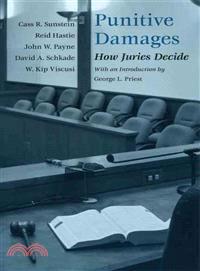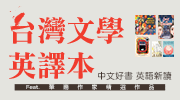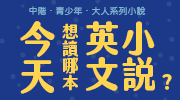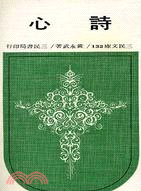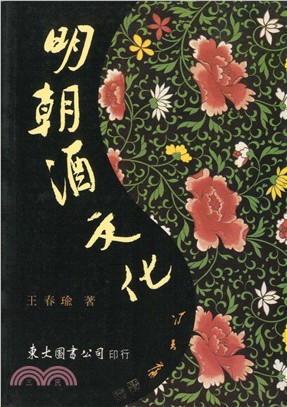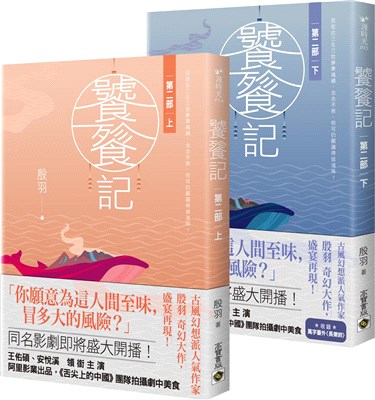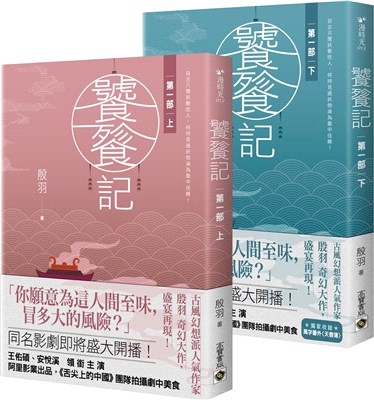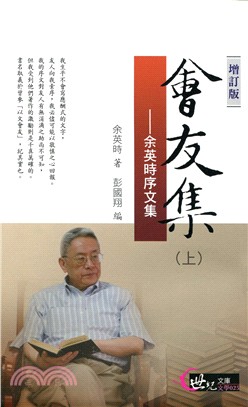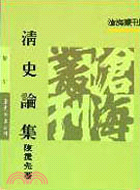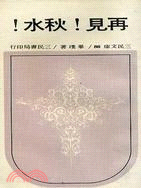Punitive Damages
商品資訊
ISBN13:9780226780146
出版社:Univ of Chicago Pr
作者:Cass R. Sunstein (EDT); Reid Hastie; John W. Payne; David A. Schkade; W. Kip Viscusi; Cass R. Sunstein
出版日:2002/04/15
裝訂/頁數:精裝/285頁
規格:23.5cm*15.9cm*2.5cm (高/寬/厚)
定價
:NT$ 3762 元優惠價
:90 折 3386 元
無庫存,下單後進貨(到貨天數約30-45天)
下單可得紅利積點:101 點
商品簡介
作者簡介
相關商品
商品簡介
Over the past two decades, the United States has seen a dramatic increase in the number and magnitude of punitive damages verdicts rendered by juries in civil trials. Probably the most extraordinary example is the July 2000 award of $144.8 billion in the Florida class action lawsuit brought against cigarette manufacturers. Or consider two recent verdicts against the auto manufacturer BMW in Alabama. In identical cases, argued in the same court before the same judge, one jury awarded $4 million in punitive damages, while the other awarded no punitive damages at all. In cases involving accidents, civil rights, and the environment, multimillion-dollar punitive awards have been a subject of intense controversy.
But how do juries actually make decisions about punitive damages? To find out, the authors-experts in psychology, economics, and the law-present the results of controlled experiments with more than 600 mock juries involving the responses of more than 8,000 jury-eligible citizens. Although juries tended to agree in their moral judgments about the defendant's conduct, they rendered erratic and unpredictable dollar awards. The experiments also showed that instead of moderating juror verdicts, the process of jury deliberation produced a striking "severity shift" toward ever-higher awards. Jurors also tended to ignore instructions from the judges; were influenced by whatever amount the plaintiff happened to request; showed "hindsight bias," believing that what happened should have been foreseen; and penalized corporations that had based their decisions on careful cost-benefit analyses. While judges made many of the same errors, they performed better in some areas, suggesting that judges (or other specialists) may be better equipped than juries to decide punitive damages.
Using a wealth of new experimental data, and offering a host of provocative findings, this book documents a wide range of systematic biases in jury behavior. It will be indispensable for anyone interested not only in punitive damages, but also jury behavior, psychology, and how people think about punishment.
But how do juries actually make decisions about punitive damages? To find out, the authors-experts in psychology, economics, and the law-present the results of controlled experiments with more than 600 mock juries involving the responses of more than 8,000 jury-eligible citizens. Although juries tended to agree in their moral judgments about the defendant's conduct, they rendered erratic and unpredictable dollar awards. The experiments also showed that instead of moderating juror verdicts, the process of jury deliberation produced a striking "severity shift" toward ever-higher awards. Jurors also tended to ignore instructions from the judges; were influenced by whatever amount the plaintiff happened to request; showed "hindsight bias," believing that what happened should have been foreseen; and penalized corporations that had based their decisions on careful cost-benefit analyses. While judges made many of the same errors, they performed better in some areas, suggesting that judges (or other specialists) may be better equipped than juries to decide punitive damages.
Using a wealth of new experimental data, and offering a host of provocative findings, this book documents a wide range of systematic biases in jury behavior. It will be indispensable for anyone interested not only in punitive damages, but also jury behavior, psychology, and how people think about punishment.
作者簡介
Cass R. Sunstein is the Karl N. Llewellyn Distinguished Service Professor of Jurisprudence in the Law School and the Department of Political Science at the University of Chicago.
Reid Hastie is a professor of behavioral science in the Graduate School of Business at the University of Chicago.
John W. Payne is the Joseph J. Ruvane Jr. Professor of Management, professor of psychology, and research professor of statistics and decision sciences at the Fuqua School of Business at Duke University.
David A. Schkade is the Herbert D. Kelleher Regents Professor of Business at the University of Texas at Austin.
W. Kip Viscusi is the John F. Cogan Jr. Professor of Law and Economics at Harvard Law School.
Reid Hastie is a professor of behavioral science in the Graduate School of Business at the University of Chicago.
John W. Payne is the Joseph J. Ruvane Jr. Professor of Management, professor of psychology, and research professor of statistics and decision sciences at the Fuqua School of Business at Duke University.
David A. Schkade is the Herbert D. Kelleher Regents Professor of Business at the University of Texas at Austin.
W. Kip Viscusi is the John F. Cogan Jr. Professor of Law and Economics at Harvard Law School.
主題書展
更多
主題書展
更多書展今日66折
您曾經瀏覽過的商品
購物須知
外文書商品之書封,為出版社提供之樣本。實際出貨商品,以出版社所提供之現有版本為主。部份書籍,因出版社供應狀況特殊,匯率將依實際狀況做調整。
無庫存之商品,在您完成訂單程序之後,將以空運的方式為你下單調貨。為了縮短等待的時間,建議您將外文書與其他商品分開下單,以獲得最快的取貨速度,平均調貨時間為1~2個月。
為了保護您的權益,「三民網路書店」提供會員七日商品鑑賞期(收到商品為起始日)。
若要辦理退貨,請在商品鑑賞期內寄回,且商品必須是全新狀態與完整包裝(商品、附件、發票、隨貨贈品等)否則恕不接受退貨。



